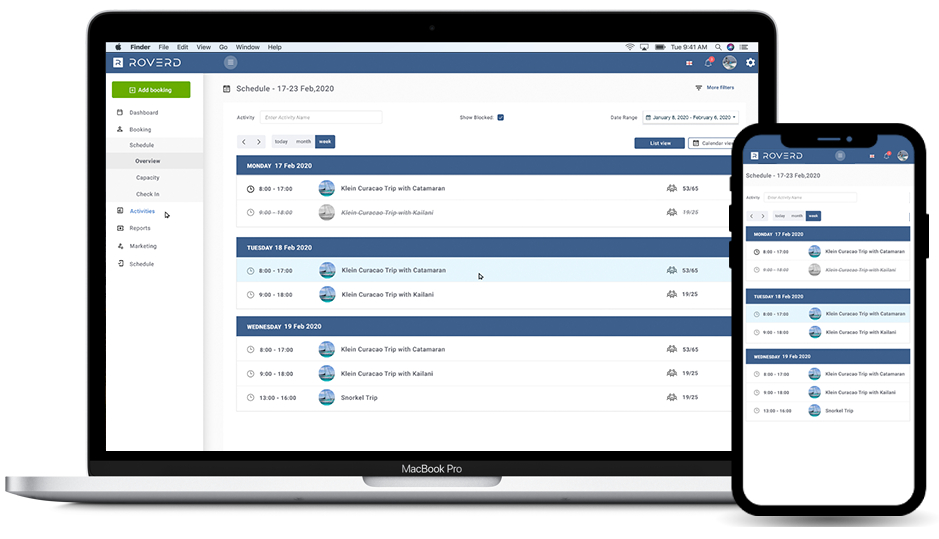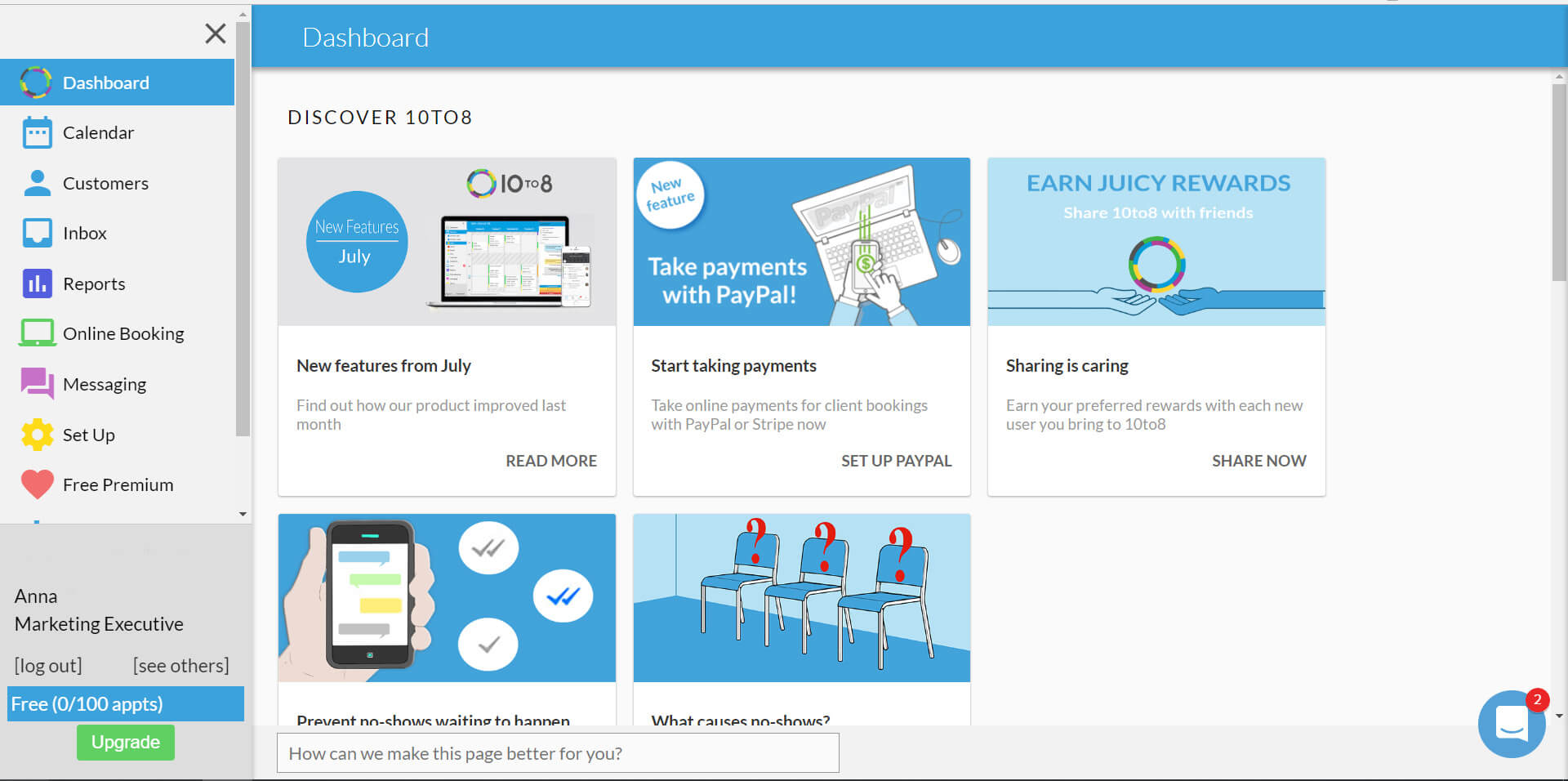Appointment Scheduling Software Features

Smart Slot Allocation Based on Historical Trends
AI analyzes historical appointment data, seasonal trends, and patient flow patterns to suggest optimal time slots. It minimizes idle time for providers while improving access for patients.
Automated Rescheduling & Waitlist Management
When appointments are canceled, AI can instantly notify waitlisted patients and reschedule in a way that fills gaps efficiently. This improves capacity utilization and patient engagement.
Natural Language & Voice-Based Scheduling Interfaces
With AI-powered chatbots and voice assistants, patients can book, change, or cancel appointments using natural language, enhancing convenience and accessibility, especially for elderly or less tech-savvy users.
Intelligent Patient-Triage-Based Scheduling
AI evaluates symptoms or reason-for-visit inputs to direct patients to the most suitable provider and time slot based on urgency, availability, and specialization, reducing unnecessary referrals or delays.
Real-Time Coordination Across Multi-Specialty Clinics
AI-driven systems integrate multiple departments and providers to find appointment slots that align with interdependent visits (e.g., diagnostics before consultation), streamlining the patient journey.
Predictive No-Show & Cancellation Management
By analyzing behavior patterns, demographics, and past attendance records, AI can predict no-shows or late cancellations. The system can automatically overbook or offer open slots to other patients, reducing revenue loss.

